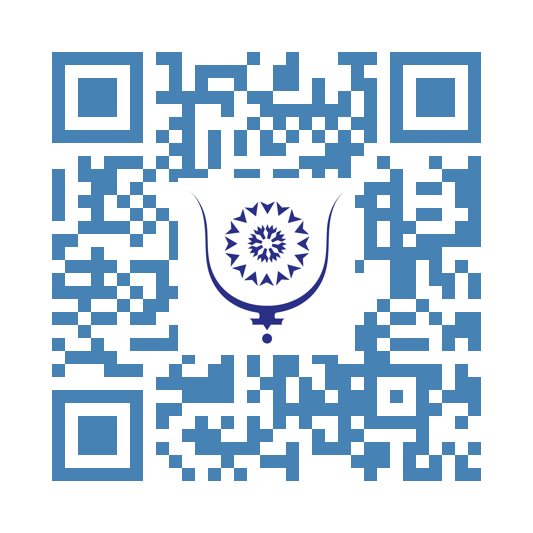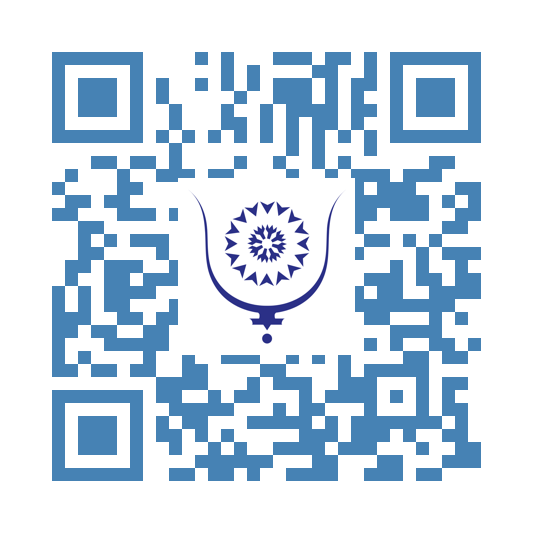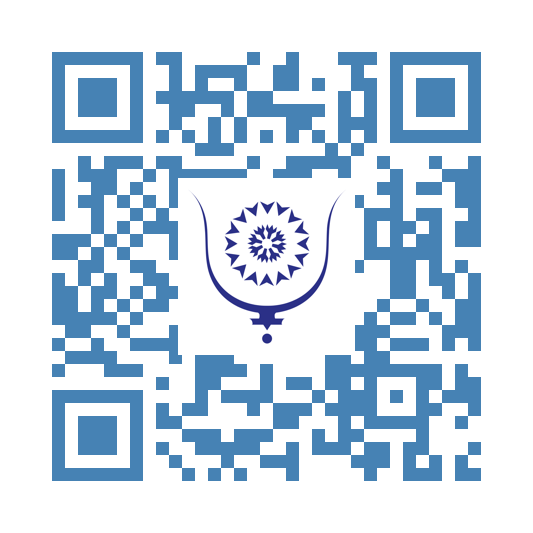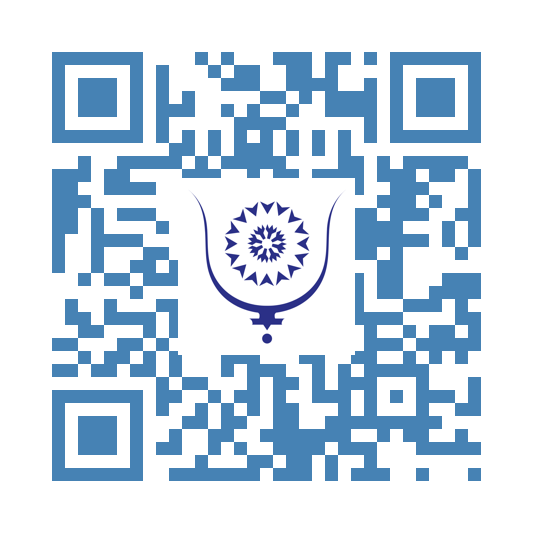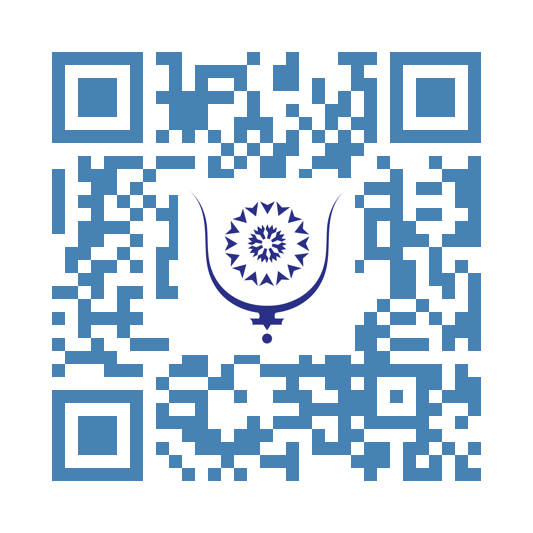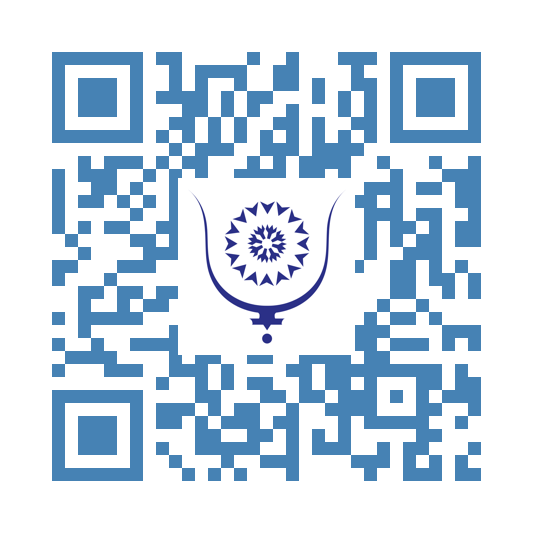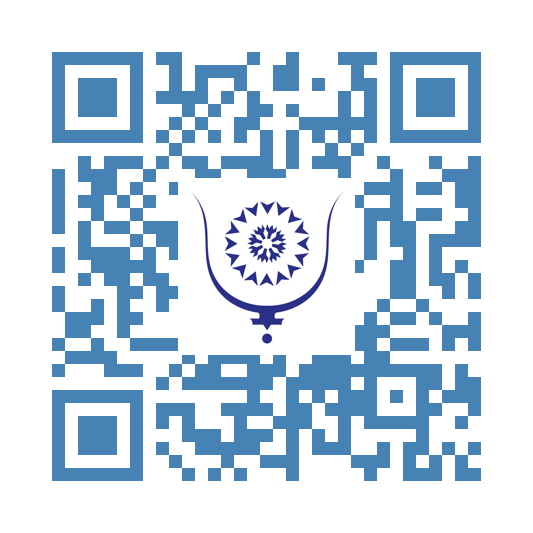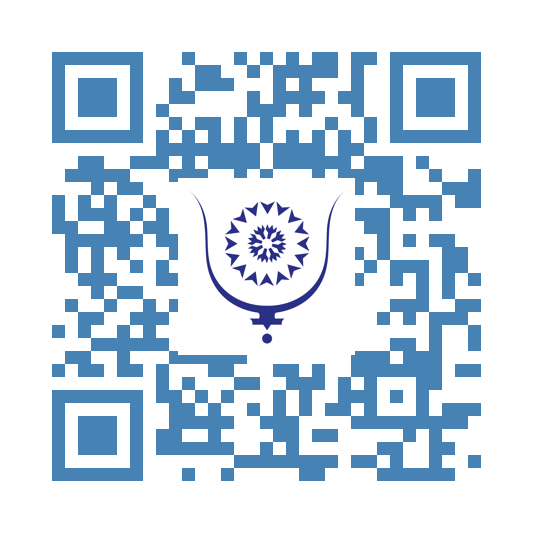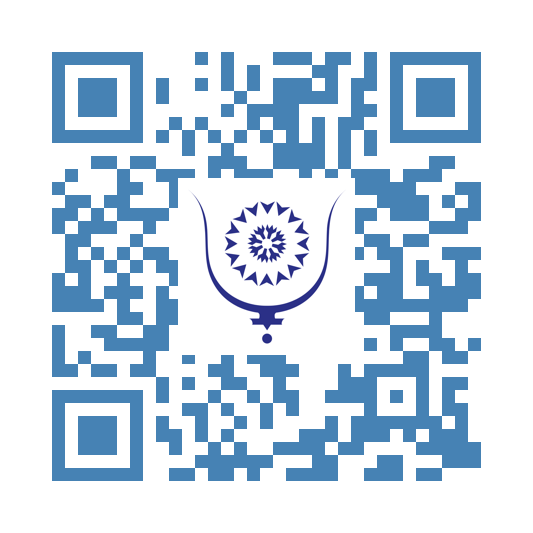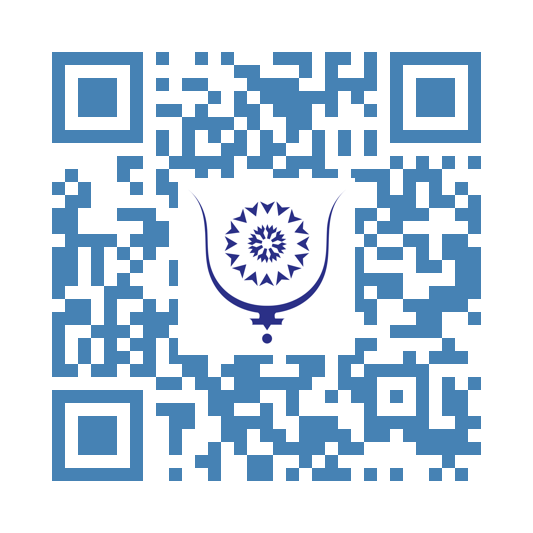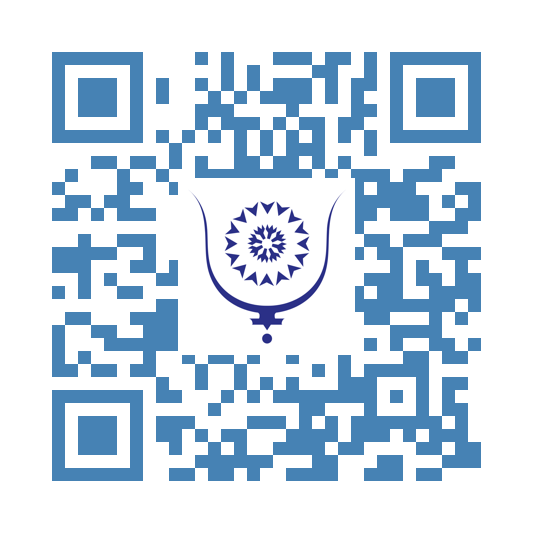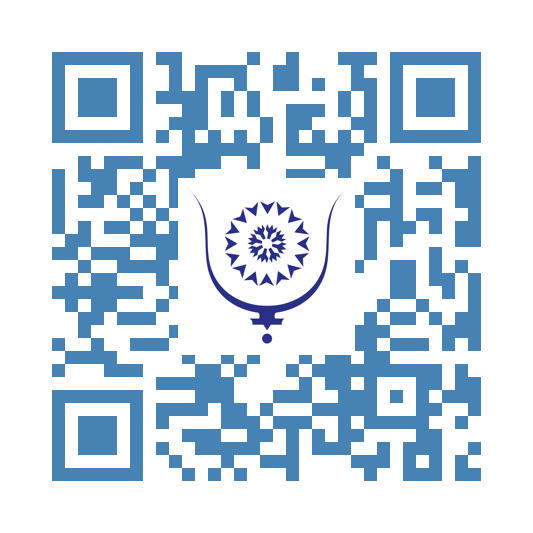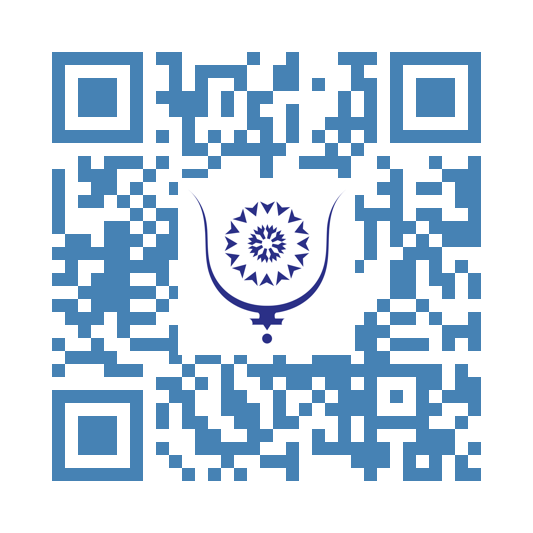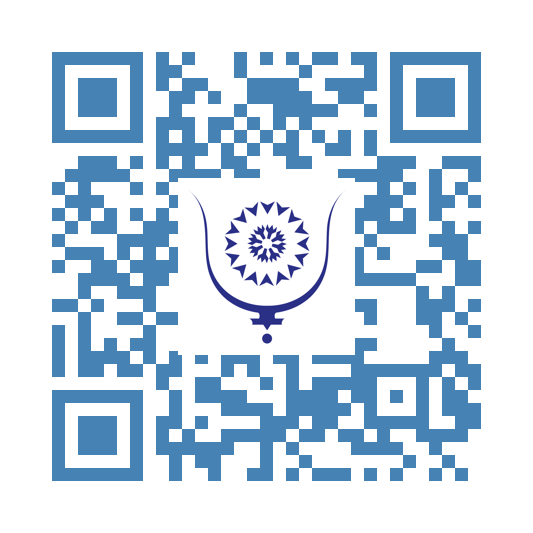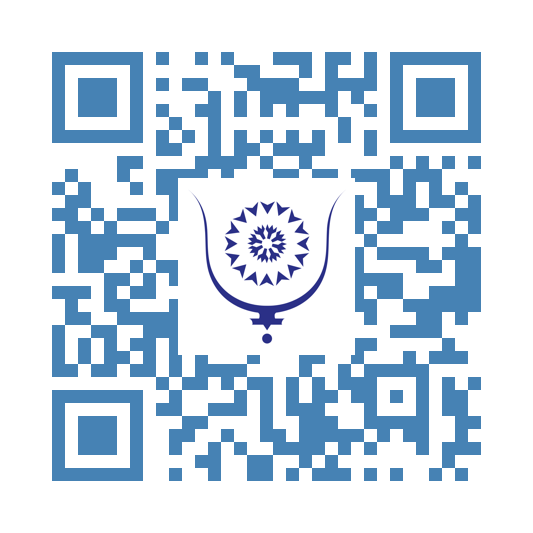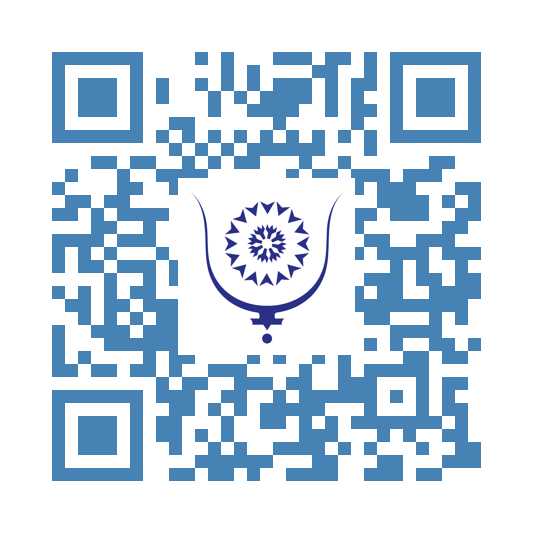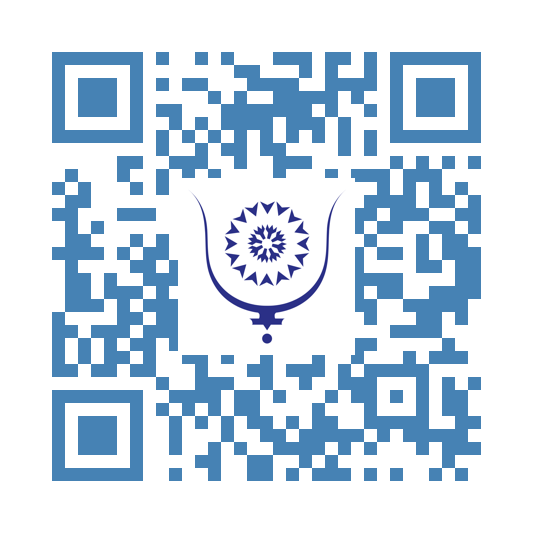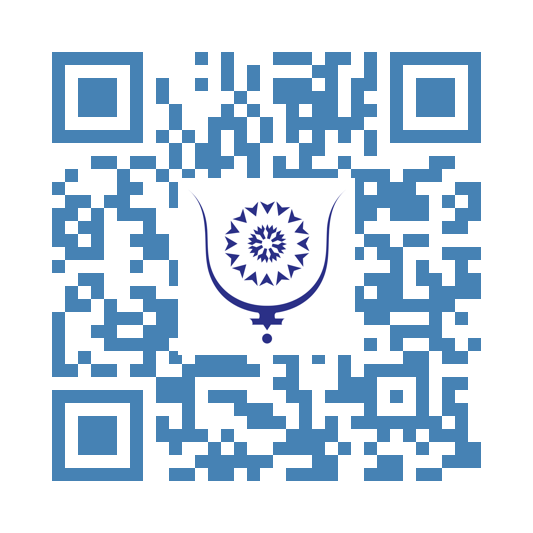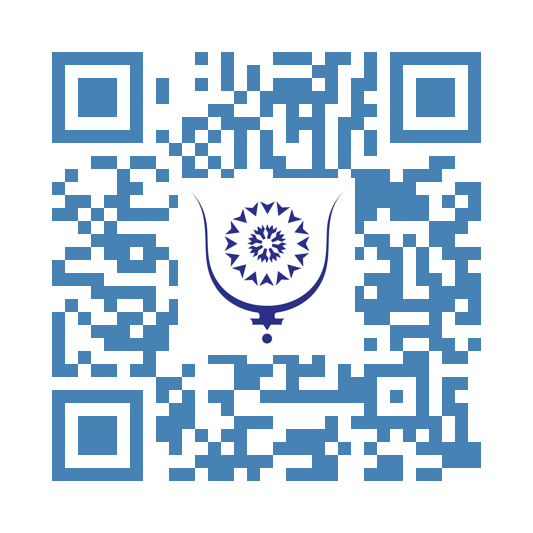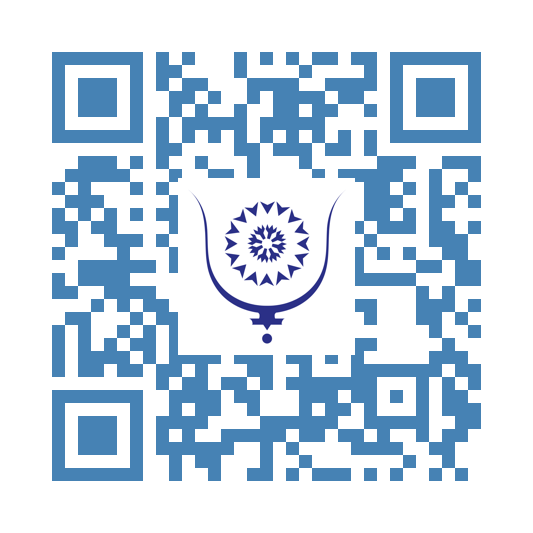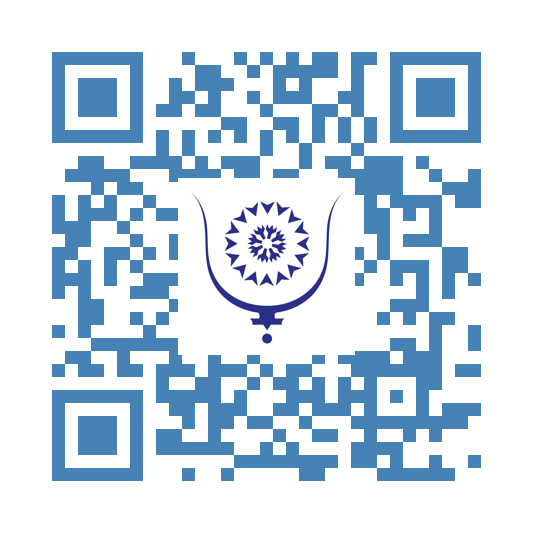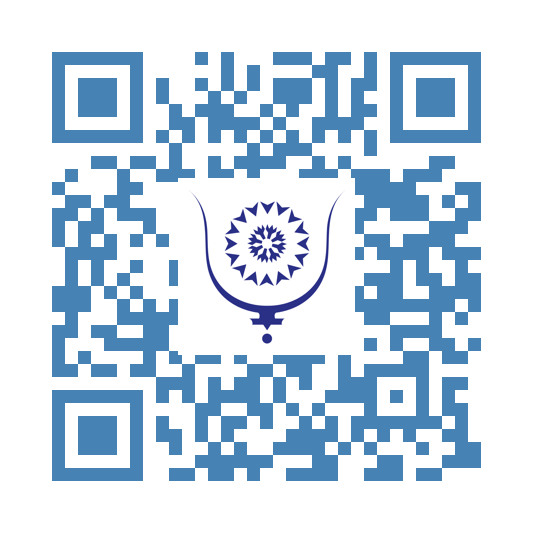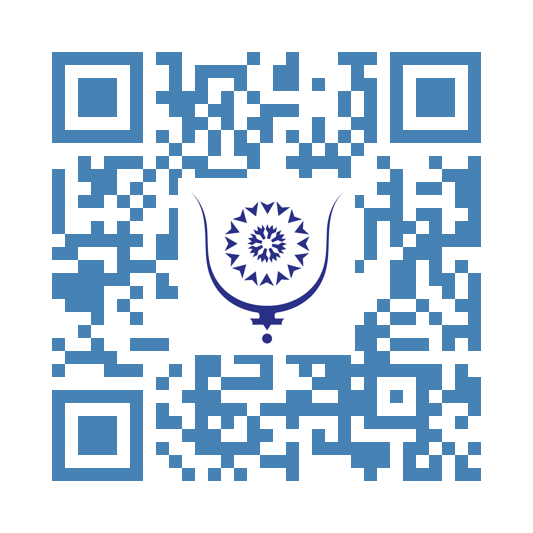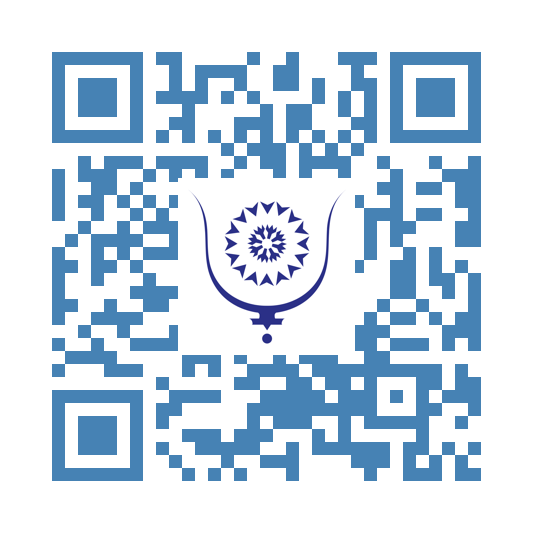The Africa Atlantic Gas Pipeline: A Strategic Project at the Heart of Regional Rivalriy.
7634
While Algerian media persist in disparaging the Nigeria-Morocco gas pipeline project, also known as the Atlantic Africa Gas Pipeline (AAGP), this large-scale transcontinental megaproject paradoxically generates growing interest and increasing international support. More than just a pipeline, the AAGP embodies an ambitious vision of South-South cooperation, regional integration, and sustainable development, crossing often landlocked and fragile countries, and offering a credible complement or alternative source of gas for Europe.
The AAGP aims to transport up to 30 billion cubic meters of gas per year from Nigeria’s rich gas fields, passing through about fifteen West African countries, reaching Morocco, and then onward to Europe via the Strait of Gibraltar. This significant capacity will not only diversify Europe’s energy supply sources but, above all, meet the growing energy needs of West African countries.
Unlike the Algerian Trans-Saharan gas pipeline project, which is about 1,500 km shorter but costly (nearly USD 20 billion) and passes through an unstable region, the AAGP stands out for its inclusive approach. It is not merely a transit conduit to Europe but a regional energy network that will supply bordering countries, allowing producers to inject their gas locally and others to fuel their industrial, agricultural, and urban development.
The AAGP is based on a logic of South-South cooperation, founded on solidarity, sharing expertise, and economic complementarity. By crossing often landlocked countries, the pipeline will help reduce their energy isolation, strengthen their infrastructure, and stimulate their economic growth.
The choice of a predominantly offshore route up to Dakhla, then onshore along Morocco’s Atlantic coast, illustrates the desire to fully integrate the Sahel-Saharan region into a modern energy corridor. Dakhla, which will become a major port, industrial, and logistics hub, is set to play a central role in this dynamic, promoting job creation, industrial growth, and economic diversification-key strengths and major assets of the Moroccan vision.
Algeria, for its part, perceives it as a direct threat to its dominant position in the regional energy sector. Its shorter Trans-Saharan pipeline project is limited to a simple transit role for Nigerian gas to Europe, without real impact on the development of the territories it crosses. In contrast, the Moroccan AAGP proposes a more ambitious vision, integrating a regional network that will benefit all partners and their increasingly demanding populations.
Algerian hostility manifests in an intense media campaign aimed at downplaying the feasibility of the Moroccan project. Beyond the media, Algeria is multiplying diplomatic efforts to strengthen ties with Nigeria and accelerate its own project. Official delegations follow one another, while on social networks, relentless, likely orchestrated smear campaigns seek to discredit the AAGP.
This antagonism fits into a broader political logic, with Morocco as the "classic enemy" to weaken. Ideological stubbornness leads to ridiculous choices that paradoxically harm Algeria’s own economic and social interests. The artificial conflict over Western Sahara remains a backdrop; the survival of the Polisario Front has mobilized a large share of Algeria’s resources, efforts, and attention for 50 years.
Contrary to Algerian claims, the AAGP enjoys solid support from financial institutions and major investors. The United Arab Emirates (25 billion USD), the Islamic Development Bank, the European Investment Bank, the OPEC Fund for International Development, as well as the USA, have expressed interest and commitment to the project.
On the industrial front, the Chinese group Jingye Steel has already won the contract to supply the metal pipes, demonstrating the project’s international and industrial dimension. This involvement of global players strengthens the technical and financial credibility of the AAGP and consolidates adherence to the goal of making the region a development hub rather than a source of migration and forced population displacements.
The Moroccan project is divided into several phases, with feasibility, basic engineering, and environmental studies already completed or underway. A call for tenders is planned to accelerate construction, with the commissioning of the first sections envisaged as early as 2029.
Beyond energy issues, the AAGP is part of a broader strategy of sustainable development, reducing energy poverty and poverty in general, and strengthening regional stability. By promoting economic integration and complementarity among West African countries, the project will help create an environment conducive to investment, job creation, inclusive growth, and prosperity. This was recently reinforced in the PRAI declaration at the 5th meeting of the African Atlantic States Process (AASP).
This approach strongly contrasts with Algeria’s strategy, which remains focused on political and ideological confrontation, to the detriment of economic and social opportunities for its own populations.
Algeria even refuses to acknowledge the emergence of new gas producers, notably Senegal and Mauritania, who actively participate in the Moroccan project. These countries adopt a pragmatic logic, favoring economic development and regional cooperation over ideological rivalries. The first section of the AAGP precisely includes these states, illustrating a dynamic of openness and partnership that could reshape West Africa’s energy map.
The Atlantic Africa Gas Pipeline is more than just an infrastructure project: it embodies an ambitious vision of cooperation, integration, and sustainable development for West Africa that the affected populations fully understand. Faced with this dynamic, Algeria seems trapped in its chronic confrontational stance, hindering its own development and, regrettably, that of the region.
At a time when energy, economic, and geopolitical challenges are multiplying, the AAGP is a model for the future, based on complementarity, solidarity, and innovation. Its success could open the way to a new era of shared prosperity and stability for West Africa and its international partners, much to the dismay of those who oppose it, refuse to admit it, or simply fail to understand it.
Share:
The Africa Atlantic Gas Pipeline: A Strategic Project at the Heart of Regional Rivalriy.
copy:
https://bluwr.com/p/171263238




